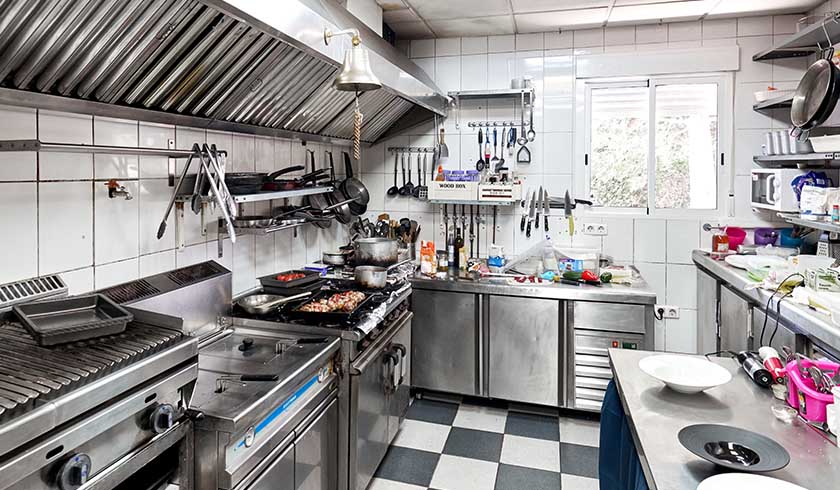Commercial investors warned on safety issues

WorkSafe’s Proactive Inspection Program took place throughout the 2019-20 financial year, focusing on kitchens located in a range of workplaces, including cafes, food courts and accommodation premises in metropolitan and regional areas of Western Australia. The results of which have been handed down recently.
The findings highlighted various concerns about kitchens in a number of workplaces, with red flags raised on electricity, slip hazards, trip hazards, fall hazards and the use of hazardous substances.
Inspectors from the Retail & Service Industries Team also looked at safety issues relating to new and young workers, maintenance of first aid facilities, fire precautions, emergency egress, burns protection, air temperature, guarding of meat slicers and the provision of appropriate personal protective equipment, according to a statement from WorkSafe.
“Inspectors visited a total of 141 workplaces, issuing 479 Improvement Notices and two Prohibition Notices. The two Prohibition Notices related to moving hot oil from a deep fryer and using a milk crate as a step stool,” it said.
“The most common types of injury in commercial kitchens include cuts from knives and other tools and muscular stress injuries.”
WorkSafe director Sally North said today that although these were among the more common injuries in commercial kitchens, this inspection program highlighted some other serious concerns.
“It’s extremely important to assess hazardous substances in workplaces and to keep a register of these substances,” Ms North said.
“The highest number of notices issued during this inspection program related to the assessment of hazardous substances in the workplace, while the next most common notice related to the provision of information and training to employees, followed by the lack of a register.
“The types of hazardous substances that needed to be assessed included a variety of cleaning products such as caustic oven cleaners.”
Ms North noted that of extreme concern is the number of notices issued that relate to fire precautions and evacuation procedures.
“The risk of fire in a commercial kitchen is very real, and comprehensive safeguards and procedures need to be in place at every workplace of this kind,” she said.
“This inspection program has also raised concerns with the provision of information and training to kitchen workers, particularly new and young workers. There are large numbers of young workers in commercial kitchens, along with a high turnover of staff, so providing appropriate training can be inconvenient but it must be done.
“The main aim of these proactive inspection programs is to raise awareness and provide information to employers and employees to help them comply with workplace safety and health laws. But if inspectors find that employers are flouting the laws, they will take enforcement action.
“We firmly believe that raising the safety awareness of everyone in the workplace is the best way in which to lessen the risk of work-related injury and illness, and we will continue to monitor commercial kitchens to ensure they improve safety management standards.”

